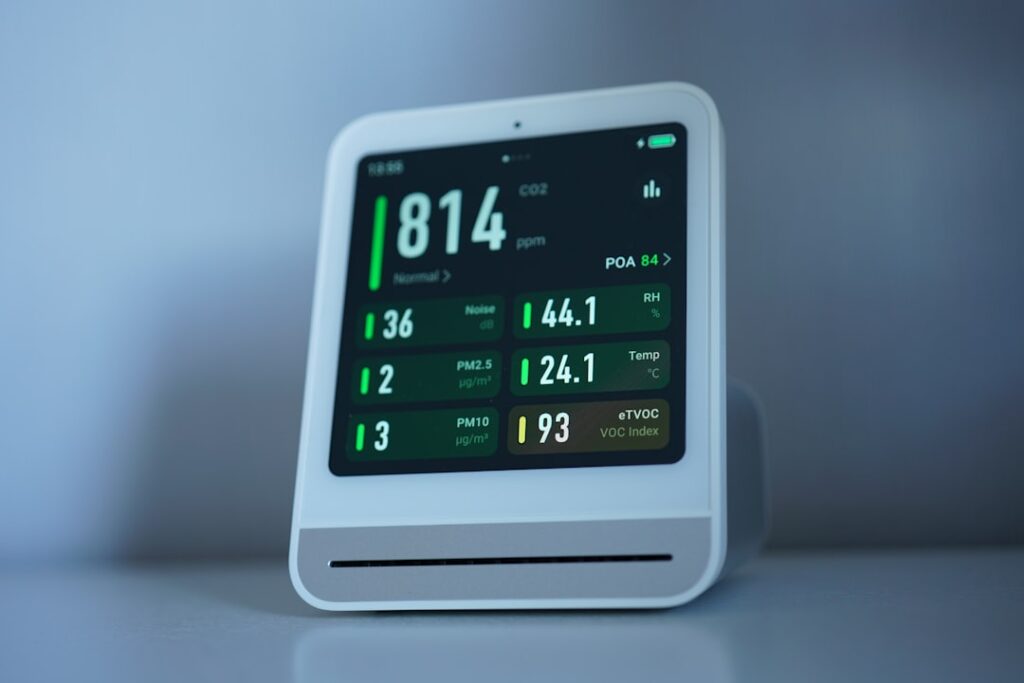AI Tools for Health Monitoring: Revolutionizing Personal Health Management
In recent years, health monitoring AI tools have gained significant traction in both personal and professional healthcare settings. These innovative solutions employ artificial intelligence to track, analyze, and manage health data, offering users insights that can significantly improve their well-being. From wearable devices to smartphone applications, this article explores the various health monitoring AI tools available today, their benefits, and their future potential.
Understanding Health Monitoring AI Tools
Health monitoring AI tools refer to a range of applications and devices that utilize artificial intelligence to gather and analyze health-related data. These tools are designed to assist individuals in tracking their vital signs, managing chronic diseases, and promoting overall wellness through actionable insights.
How AI Enhances Health Monitoring
AI technologies, such as machine learning and data analytics, bring several advantages to health monitoring:
- Data Analysis: AI algorithms can process vast amounts of health data faster than traditional methods, distilling key information quickly.
- Personalization: These tools provide tailored health insights based on individual data patterns, leading to more personalized health management.
- Predictive Analytics: AI can identify potential health risks before they become critical, enabling preventive measures.
- Continuous Monitoring: Wearables connected to AI systems allow for real-time health updates and alerts.
Popular Health Monitoring AI Tools
With the increasing demand for effective health monitoring solutions, several AI tools have emerged. Below are some of the most popular ones:
1. Wearable Devices
Smartwatches and fitness trackers, such as Fitbit and Apple Watch, are prime examples of health monitoring AI tools. These devices track physical activity, heart rate, sleep patterns, and more.
2. Mobile Health Applications
Applications like MyFitnessPal and HealthMate offer users a platform to log food intake, physical activity, and vital health metrics. Many of these apps utilize AI to analyze trends and provide users with nutritional insights.
3. Telehealth Platforms
Telehealth services, including Doctor on Demand and Teladoc, are revolutionizing consultations by providing AI-driven symptom checks and diagnosis support, enhancing the accessibility of healthcare.
4. Smart Scales
Smart scales like Withings Body+ offer more than just weight measurement; they track body composition and sync data with health apps, empowering users to manage their weight effectively.
Benefits of Using AI Tools for Health Monitoring
Embracing health monitoring AI tools brings numerous benefits:
- Improved Health Outcomes: Continuous monitoring and immediate feedback lead to better health decisions.
- Increased Engagement: Users are more likely to stay engaged with their health goals when they have access to real-time data.
- Cost-Effective Solutions: Early detection of health issues can save significant costs associated with advanced medical treatments.
- Enhanced Communication: AI tools improve communication between patients and healthcare providers, ensuring all parties are informed and engaged.
The Future of AI-Powered Health Monitoring
The future of health monitoring AI tools looks promising as technology evolves. Here are some anticipated developments:
Integration with Wearable Technology
As technology advances, we can expect to see more sophisticated wearable devices that integrate various health metrics with AI for deeper insights into personal health.
Advanced Predictive Analytics
Healthcare providers are likely to adopt more advanced AI algorithms capable of predicting health events based on historical data, allowing for timely interventions.
Greater Accessibility
Ultimately, as AI technology becomes more prevalent, health monitoring tools may become more accessible to a broader demographic, improving overall public health.
Conclusion
Health monitoring AI tools are transforming the way we approach personal health. By leveraging sophisticated technology, these tools empower individuals to take charge of their health, offering personalized insights and facilitating proactive management of health conditions. As advancements in AI continue, we can expect to see even more innovative solutions that will further enhance our ability to monitor and improve health outcomes.
Benefits of Health Monitoring AI Tools
Health monitoring AI tools offer a plethora of benefits that can transform the management of personal and public health. One significant advantage is their ability to provide real-time data analysis. By continuously tracking vital signs and other health parameters, these tools can alert individuals and healthcare providers to potential health issues before they escalate. This proactive approach not only enhances patient outcomes but also reduces healthcare costs.
Enhanced Decision-Making
With the integration of AI in health monitoring, decision-making becomes more data-driven and precise. Health monitoring AI tools analyze vast amounts of health data, identifying patterns and correlations that might be missed by human observation. This capability empowers both patients and healthcare professionals to make informed decisions based on predictive analytics, ultimately leading to personalized treatment plans tailored to individual health needs.
Challenges and Considerations
While the advantages of health monitoring AI tools are substantial, there are notable challenges that must be addressed. Data privacy and security remain paramount concerns, as health data is sensitive and must be protected from unauthorized access. Additionally, the potential for over-reliance on technology raises questions about the balance between human and machine input in healthcare decision-making processes. It is essential for developers and users of health monitoring AI tools to prioritize ethical guidelines to safeguard patient trust.
Future of AI in Health Monitoring
The future trajectory of health monitoring AI tools looks promising, as advancements in artificial intelligence continue to evolve. Ongoing research and development are expected to enhance the accuracy and efficiency of these tools, making them an integral part of healthcare ecosystems globally. As healthcare providers integrate these tools into routine practice, patients can anticipate a shift towards more personalized and responsive healthcare interventions.


